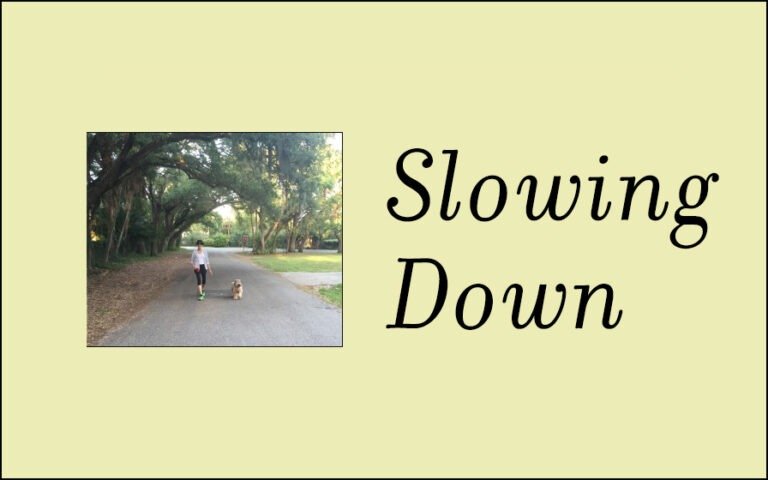How Yoga Makes You Stronger and More Resilient

Doctors are finding that one of the best ways to experience stress relief and improve your mood is yoga. Science shows that this ancient art of focused stretching and breathing can change brain chemistry for the better.
If you suffer from chronic pain, you know that stress makes it worse. And the combination of pain and stress can be a direct pathway to depression. One proven way to reduce stress and improve mood is exercise. But when you’re injured or in pain, it can be hard to find an exercise that won’t make it worse. One possibility you may not have considered? Yoga.
We don’t mean hot yoga (where you sweat through your session in a 100-degree room) or even the more strenuous forms like Iyengar. We mean the gentle, focused stretching and breathing of hatha yoga. Recent research on neurobiology and yoga sheds some light on how yoga can boost mood and make you more resilient, or able to reclaim balance when life’s stressors knock you down. Here’s more on yoga for stress relief:
Releasing Your Body’s Natural Anti-Anxiety Pill
If you’ve ever practiced yoga you know that you tend to feel really good afterwards. Why does the stress seem to melt away? Well, it’s your body signaling your brain.
A study looked at the effect of yoga versus walking on mood. It showed that a regular, gentle yoga practice releases GABA in the thalamus more than walking does.
GABA is a chemical that suppresses neural activity. Classic anti-anxiety medications work by encouraging the brain to release GABA into the central nervous system. To get an idea of what GABA feels like in your system, think about how you feel after a glass of wine: relaxed and happier. One reason people enjoy alcohol is because it mimics the effect of GABA.
In the study, the folks doing yoga had a lot more GABA in their brains than those who walked. And when they looked at the amount of GABA after an hour of yoga, it had increased by 27 percent.
The findings suggest that yoga’s meditative stretching and focused breathing signals the brain to release stress-busting chemicals. So, adding yoga moves to your day can naturally make you feel calmer and more relaxed.
Read more about yoga as a healing therapy in our article on How Yoga Reduces Pain.
Becoming More Resilient is Just a Stretch Away
Another benefit of yoga is the increase in heart-rate variability which is good for your overall health and can help you reduce stress.
Heart-rate variability is based on the rate your heart varies between when you inhale and exhale. Scientists consider high heart-rate variability, to be an indicator of physical and emotional resilience. Low heart-rate variability is associated with an increased risk of stress-related diseases like cardiovascular disease and depression.
Researchers at Newcastle University discovered that practicing hatha yoga for six weeks activated of the calming side of the nervous system without decreasing the arousing side influence. (This was good because we need to be aroused enough by stress to respond, but not so much that we can never get off the hamster wheel.)
In this study, 26 healthy but sedentary adults were split into two groups randomly, with one participating in an aerobic exercise regimen, the other a yoga program.
When tested the week after the study ended, the yoga participants had higher heart-rate variability and a lower resting heart rate, both indicators of well-being. The aerobics group showed no significant changes.
So, the practice of yoga can have profound and lasting effects on your brain and nervous system, allowing for relaxation. If you’re ready to begin your practice, know that you are using one of the most important tools to improve overall health and wellness.
What to Know Before You Start
Your doctor can tell you what poses or stretches to avoid so you don’t risk injury.
While yoga isn’t a cure-all for pain, it has been proven to reduce stress and improve mood. So the next time you’re in pain or stressed out, take a few minutes and do a little yoga. Your body and mind will thank you.
PainPathways Magazine
PainPathways is the first, only and ultimate pain magazine. First published in spring 2008, PainPathways is the culmination of the vision of Richard L. Rauck, MD, to provide a shared resource for people living with and caring for others in pain. This quarterly resource not only provides in-depth information on current treatments, therapies and research studies but also connects people who live with pain, both personally and professionally.
View All By PainPathways






